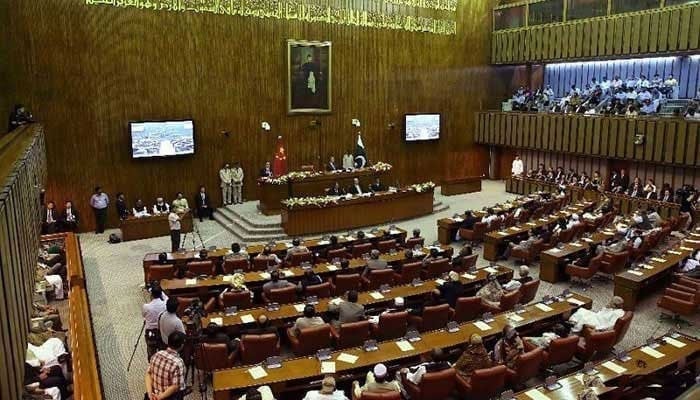A few days ago, the Senate approved a motion asking for a postponement of the general election that is set to take place on February 8, 2024. The argument put forth—that most of the areas are extremely cold and find it difficult to participate in the electoral process—was incredibly faulty. The state of law and order was another concern.
Since the Supreme Court has stated that polling on February 8, 2024, is set in stone, there is no doubt that the public mood and institutional mindset are prepared for an election. As a result, all political parties swiftly rejected and attacked the resolution.
Since the Senate is the people’s representative in the Senate, why would it pass a resolution that goes against the sentiment of the republican populace? Is there a way to make this better?
Article 59 of the constitution establishes the Senate of Pakistan. In the past, the Senate was established with the goal of promoting national unity and cohesiveness by giving equal representation to all federating units. Since the National Assembly, the lower house, was chosen primarily on population, this was seen to be essential. Pakistan’s system was a remarkable compromise between the large and small states, and by adopting it, it had mimicked the federal legislative system of the United States.
The concept behind a bicameral system is straightforward: since representation in the lower house is determined by population, larger provinces would not only be able to enact more laws but also have the ability to violate the rights of smaller provinces. The bicameral system was established in response to this threat, granting equal representation in the legislature to both the larger and smaller provinces. A proposal couldn’t become legislation unless it had the backing of the vast majority of the nation’s citizens as well as the majority of its federating units.
After Dhaka fell, Punjab, which accounted for more than half of the nation’s population and had political clout, became even more crucial for Pakistan.Unless, of course, there existed a Senate with equal representation from every province, even if the other provinces opposed.
However, the Senate has come under heavy fire from both political parties that have lost seats in the Senate that were legitimately theirs as a result of horse-trading, in addition to charges that it is wholly undemocratic in its election process. The National Assembly selects four members from the federal capital, and eight members were previously chosen from the Federal Administered Tribal Areas (FATA) prior to its merger with Khyber Pakhtunkhwa; however, since Fata is now a part of KP, the eight members are no longer elected. Each of the four provincial assemblies selects 23 members from their respective provinces.Elected senators have six-year terms, and half of them retire every three years. There have long been accusations that politicians and political groups negotiate shrewdly over Senate elections and that candidates can purchase their way into the upper house. Even so, there has been constant criticism that the Senate is manipulable, particularly when the powerful want it to obstruct popular public narratives. This is because senators are chosen by representatives who were chosen through direct democratic voting, rather than by the majority of the population, and as a result, the Senate and its members are not really required to pay much attention to what the public wants.
Despite adopting an indirect election system, our constitution was written six decades after American direct elections. Particularly in a worldwide world, a polity that refuses to adapt and stays the same gets left behind as circumstances change. It is past time to guarantee direct Senate elections and put an end to the issues arising from indirect elections. Pakistan would become a more democratic nation as a result. The Senate should never longer be indirectly elected for any valid reason. We must grow into a democracy and take lessons from the past.
One can expect that the newly elected parliament will consider a constitutional modification that would allow for direct elections to the Senate.







